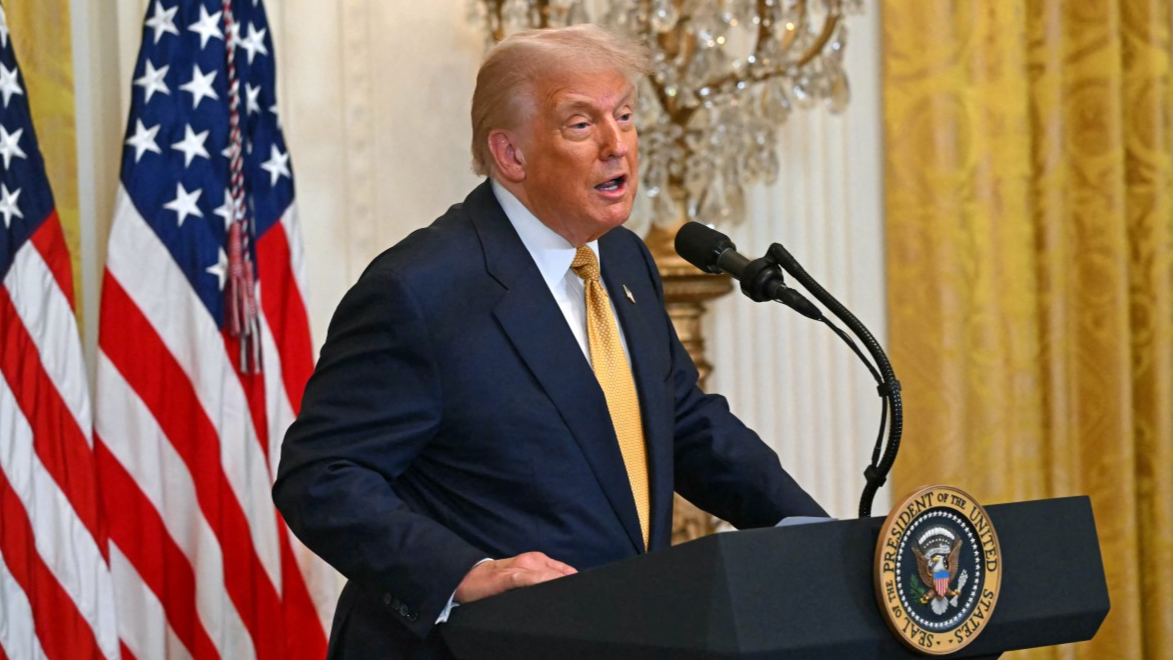
A federal appeals court ruled on Wednesday that US President Donald Trump's executive order curtailing automatic birthright citizenship is unconstitutional and blocked its enforcement nationwide.
The 2-1 decision, opens new tab by the San Francisco-based 9th US Circuit Court of Appeals marked the first time an appeals court has assessed the legality of Trump's order since the US Supreme Court in June curbed the power of lower court judges to enjoin that and other federal policies on a nationwide basis.
The Supreme Court's June 27 ruling in litigation over Trump's birthright citizenship order limited the ability of judges to issue so-called universal injunctions and directed lower courts that had blocked the Republican president's policy nationally to reconsider the scope of their orders.
But the ruling contained exceptions allowing courts to potentially still block it nationally again. That has already allowed a judge in New Hampshire to once again halt Trump's order from taking effect by issuing an injunction in a nationwide class action of children who would be denied citizenship under the policy.
The 9th Circuit's majority in Wednesday's ruling said the Democratic-led states that had sued to block the policy - Washington, Arizona, Illinois and Oregon - likewise still were entitled to a nationwide injunction as a more narrow order would not provide them "complete relief."
"The court agrees that the president cannot redefine what it means to be American with the stroke of a pen," Washington Attorney General Nick Brown said in a statement.
ALSO READ: Trump accuses Obama of treason in escalating attacks over 2016 Russia probe
The Trump administration could either ask a wider panel of 9th Circuit judges to hear the case or appeal directly to the Supreme Court, which is expected to have the final word in the litigation.
"We look forward to being vindicated on appeal," said White House spokeswoman Abigail Jackson. In a statement, she said the 9th Circuit misinterpreted the US Constitution's 14th Amendment in reaching its decision.
Day one order
Trump signed the order on January 20, his first day back in office, as part of his hardline approach toward immigration.
Trump's order directed federal agencies to refuse to recognize the citizenship of US-born children who do not have at least one parent who is an American citizen or lawful permanent resident, also known as a "green card" holder.
It was swiftly challenged in court by Democratic attorneys general from 22 states and immigrant rights advocates who argued it violates the citizenship clause of the US Constitution's 14th Amendment, long been understood to recognize that virtually anyone born in the United States is a citizen.


